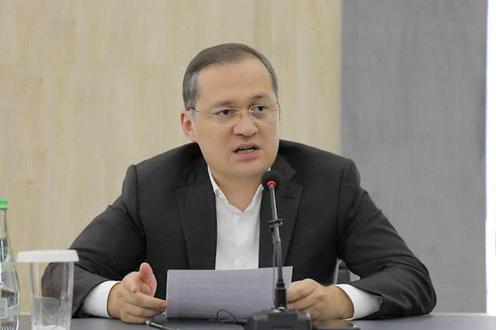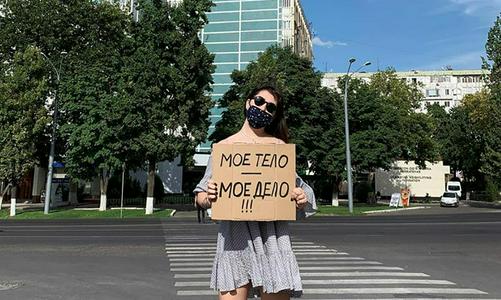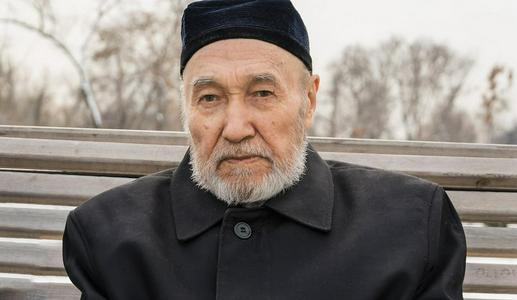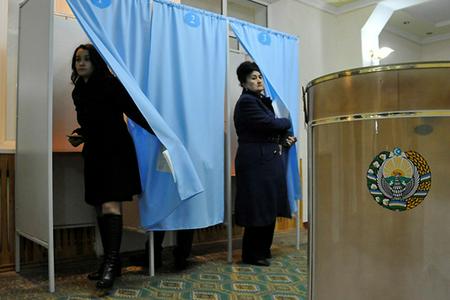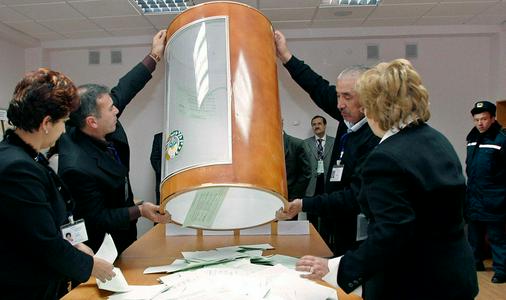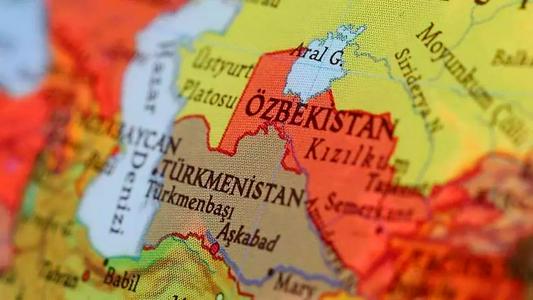The President of Uzbekistan has instructed the Agency for Information and Mass Communications (AIMC) to look into the issue of repealing laws specifying prison terms for defamation and insult, the agency’s director Komil Allamjonov announced on his Facebook page.
Another task for the agency included in the presidential decree “on ensuring the supremacy of the constitution and the law” concerns increasing the transparency of the judicial system and public scrutiny over it. The AIMC is to draw up a draft decision of the plenum of the Supreme Court on access for journalists and members of the public to open court proceedings, as well as plan the organisation of effectively functioning press secretariats and websites for the courts.
The agency has also been instructed to draft a governmental decree on the functioning of state media. The decree is to include the modernisation of the payroll system for editorial staff and measures to develop state publications’ websites. Besides this, the agency will work on amendments aiming to simplify the licencing of television channels and radio stations and strengthen journalists’ protection from unlawful actions on the part of the authorities. Another assignment concerns measures to increase the openness of government bodies in their interactions with the media.
In November, President Shavkat Mirziyoyev, in the course of a televised video conference, emphasised the importance of the media for the development of a democratic society and called on his subordinates in the state machinery to look at the press as a mirror reflecting their work. “We have forgotten the saying: Don’t blame the mirror if your face looks skewed,” said the president, adding that some officials, when they come up against criticism from the press “exacerbate the problem with their arrogance and pompousness”. The president’s statement was made against the backdrop of a scandal involving an audio recording of Tashkent mayor Jahongir Ortiqkhojaev threatening journalists.
One of the most famous defamation cases in Uzbekistan was the 2010 trial of photographer Umida Akhmedova. She was charged under articles 139 (“defamation”) and 140 (“insult”) of the Uzbek criminal code, which provides for a maximum sentence of three years in jail. Criminal proceedings were brought against Akhmedova following the release of her ethnographical photo project and documentary film Women and Men: From Dawn till Dusk and the documentary film The Burden of Virginity. These works, in the opinion of the public prosecutor’s office, slandered the Uzbek people and insulted its dignity. The charges were brought by the Press and Information Agency (later replaced by the AIMC – note by Fergana). The court found Akhmedova guilty, but immediately granted her amnesty.
